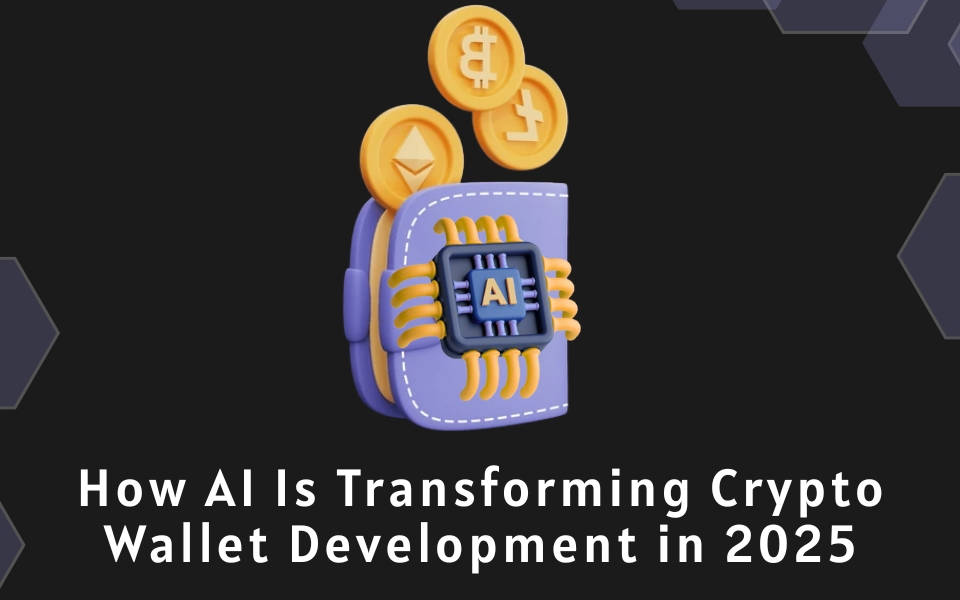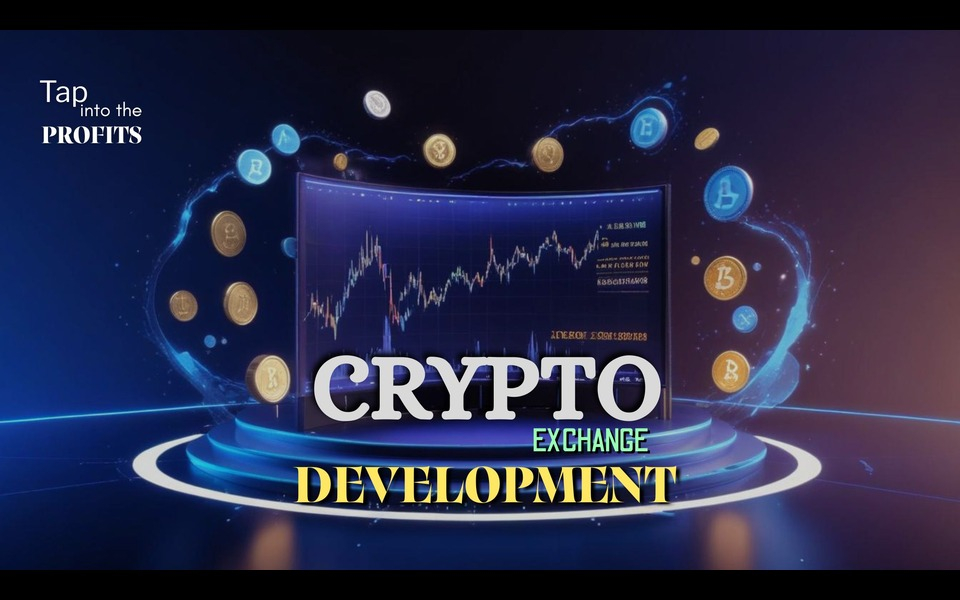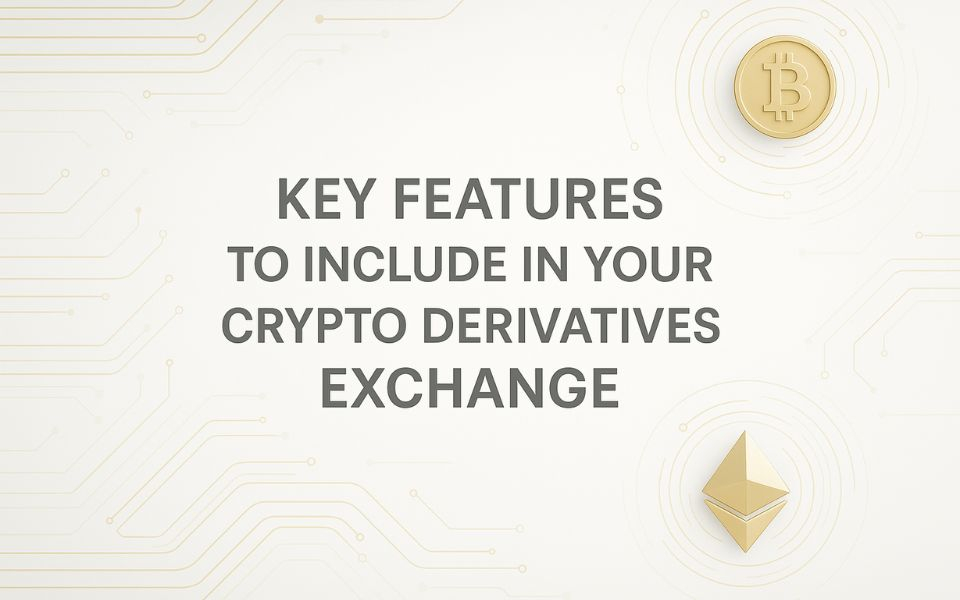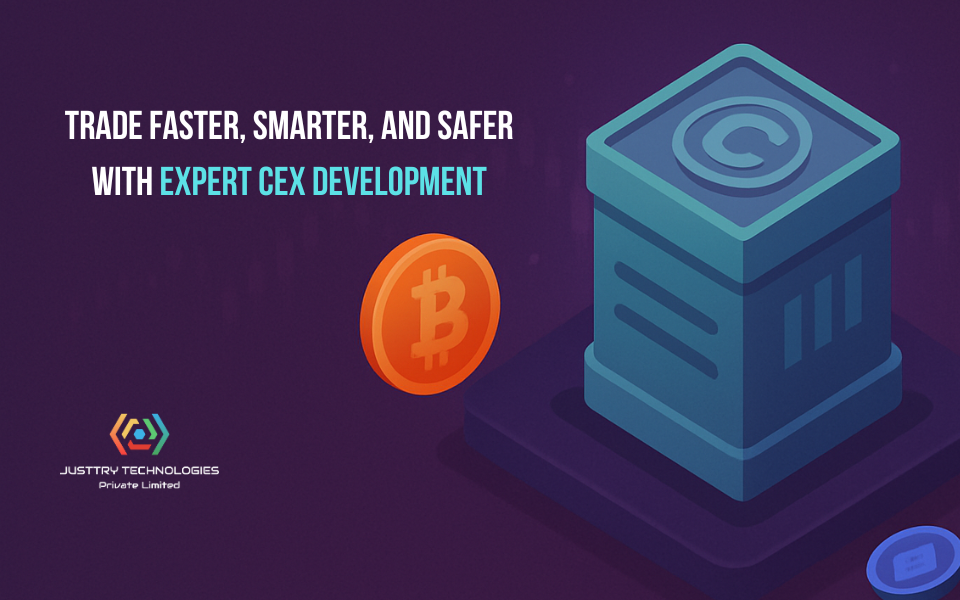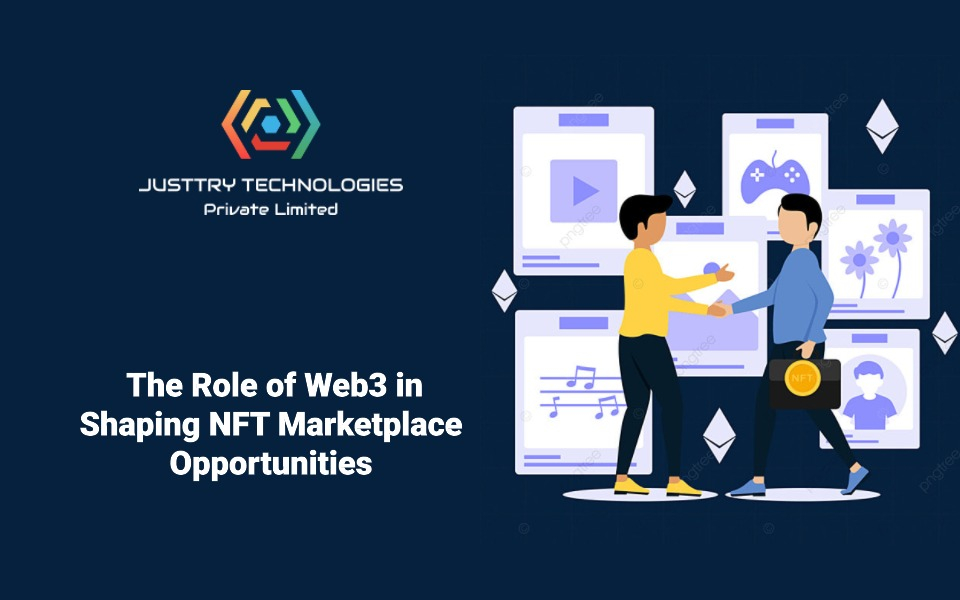The rise of blockchain technology and digital currencies has reshaped the financial world. From the creation of Bitcoin in 2009 to the explosion of decentralized finance (DeFi) and NFTs, cryptocurrency has evolved into a full-fledged industry. With this evolution, more startups, enterprises, and entrepreneurs are exploring the idea of building their own cryptocurrency. However, one of the biggest questions that arises early in this journey is the cost of cryptocurrency development. This blog dives deep into the factors that influence the cost, what you should expect to pay, and where you can optimize your spending without compromising security or functionality.
Understanding Cryptocurrency Development
Cryptocurrency development involves the creation of digital currencies using blockchain technology. This can range from developing an entirely new coin with a custom blockchain to launching a token on an existing platform such as Ethereum or Binance Smart Chain. Beyond just creating a currency, development often includes setting up wallets, exchanges, smart contracts, security protocols, and the broader ecosystem that supports the cryptocurrency’s functionality. Each of these components carries its own cost implications and technical requirements.
New Coin vs. Token: A Major Cost Differentiator
One of the first and most important decisions in cryptocurrency development is whether to create a brand-new coin with its own blockchain or to issue a token on an existing blockchain. The cost difference between these two approaches can be substantial.
Creating a new coin involves developing a custom blockchain. This is a highly technical process that requires deep knowledge of blockchain architecture, consensus algorithms, and network protocols. Because it involves building from the ground up, the cost can range widely and often reaches into six-figure territory. On the other hand, creating a token on an existing blockchain is a much more affordable option. Platforms like Ethereum and Binance Smart Chain provide the infrastructure needed to support tokens, significantly reducing development time and cost. However, while token creation is cheaper, it may not offer the same level of control or scalability as a custom coin.
The Role of Blockchain Platforms in Cost Structure
The choice of blockchain platform plays a crucial role in determining the cost of development. Different platforms come with varying levels of complexity, community support, scalability, and transaction fees. Ethereum, for instance, is a popular choice due to its mature ecosystem and widespread adoption. However, high gas fees and network congestion can drive up operational costs. Binance Smart Chain offers a cheaper and faster alternative but might be less decentralized.
Other platforms such as Solana, Cardano, and Polkadot provide unique advantages but may require specialized knowledge for development. Choosing the right blockchain is not just a technical decision but also a financial one. Some platforms may reduce your initial development cost but increase long-term maintenance or integration expenses. It's essential to align your platform choice with your project goals, budget, and timeline.
Complexity of Features and Their Impact on Cost
The technical complexity of your cryptocurrency project directly affects the development cost. Projects that require basic token functionality will be far less expensive than those involving advanced features such as decentralized governance, staking mechanisms, or integration with third-party APIs.
For instance, implementing smart contracts requires specialized developers who understand blockchain programming languages like Solidity or Rust. A single error in a smart contract can result in major security vulnerabilities, which makes quality development and rigorous testing essential. Custom consensus mechanisms, advanced encryption features, or cross-chain functionality can further increase the workload, extending timelines and budgets. The more innovative and robust your cryptocurrency, the more investment it demands.
Wallet Development: Convenience Comes at a Price
No cryptocurrency project is complete without a reliable digital wallet. A wallet allows users to store, send, and receive your digital currency. Building a wallet that supports web, desktop, or mobile platforms introduces another layer of development cost.
Hot wallets, which are connected to the internet, are easier to develop and deploy but come with security concerns. Cold wallets, which store cryptocurrency offline, offer higher security but are more complex to design and implement. Additional features such as QR code scanning, biometric login, two-factor authentication, and multi-currency support can significantly raise development costs. Moreover, if your wallet needs to support a variety of devices and operating systems, expect both development and maintenance expenses to rise accordingly.
The Importance and Cost of Smart Contract Development
Smart contracts are a foundational element in most cryptocurrency ecosystems. These self-executing pieces of code automate processes such as token transfers, staking, voting, and even entire financial agreements. However, writing secure and efficient smart contracts is a specialized skill. Mistakes in smart contracts can be exploited, leading to financial loss and reputational damage.
Because of the risks involved, it’s not just the development of smart contracts that you need to budget for, but also their audit. Smart contract audits are conducted by third-party security firms that analyze your code for vulnerabilities. While these audits are essential for maintaining user trust and preventing hacks, they are not cheap. Depending on the complexity of the contract, the cost of an audit can sometimes exceed the development itself.
Launching an Exchange: Centralized vs. Decentralized Cost Considerations
If your cryptocurrency project involves facilitating trading, you may need to develop an exchange. Centralized exchanges (CEXs) like Binance and Coinbase provide complete control over user data, liquidity, and trading mechanisms. However, they require significant back-end development, database management, compliance mechanisms, and robust security frameworks. The cost of developing a fully functional centralized exchange can be very high.
Decentralized exchanges (DEXs), on the other hand, operate using smart contracts and liquidity pools. While they can be more cost-effective in some cases, they also demand advanced smart contract logic and front-end integration. In both cases, exchange development is one of the most expensive components of a cryptocurrency ecosystem. You should also account for licensing, regulatory compliance, and ongoing maintenance in your cost projections.
Token Sales and Fundraising Platforms: Additional Development Layers
For many crypto projects, fundraising through ICOs (Initial Coin Offerings), IDOs (Initial DEX Offerings), or IEOs (Initial Exchange Offerings) is a critical step. Setting up these fundraising platforms involves creating investor dashboards, token sale contracts, vesting schedules, and payment integration systems. These functionalities add a new layer of complexity and therefore increase the development budget. Also, you need to invest in ensuring legal compliance across multiple jurisdictions, which may include Know Your Customer (KYC) and Anti-Money Laundering (AML) integrations.
Developer Hiring Costs: In-House, Freelancers, or Agencies
The cost of hiring developers can vary significantly depending on your hiring model. Hiring freelance developers might seem cost-effective at first, but it often comes with reliability and security risks. An in-house development team offers greater control and coordination, but the overhead costs are substantial. Development agencies, particularly those specializing in blockchain and crypto, provide the advantage of expertise and speed, but at a premium rate.
It’s important to note that blockchain developers are in high demand and short supply, which means salaries and contract rates are generally higher than for conventional software development roles. No matter which route you choose, you’ll need to set aside a considerable portion of your budget for experienced talent.
Infrastructure, Hosting, and Maintenance: The Recurring Costs
Beyond initial development, your cryptocurrency platform will incur ongoing infrastructure and maintenance expenses. Hosting a blockchain network or dApp requires cloud servers, load balancers, content delivery networks, and sometimes dedicated nodes or validators. Cloud service providers such as AWS, Google Cloud, or Microsoft Azure are commonly used, and their monthly costs can vary depending on the scale and usage.
In addition to infrastructure, you'll need to budget for maintenance and technical support. This includes patching bugs, updating security protocols, scaling performance, and managing DevOps. As a rule of thumb, annual maintenance costs typically amount to 15 to 25 percent of the original development cost. Failing to invest in maintenance can lead to performance issues or security breaches that damage your reputation and user trust.
Legal and Regulatory Compliance: A Necessary Expense
Cryptocurrency projects operate in a highly regulated environment. Depending on your jurisdiction and the nature of your token, you may need to obtain licenses, conduct KYC/AML checks, and ensure your operations comply with financial regulations. Legal consultations, compliance audits, and registration fees are not optional and can be quite expensive.
Failing to account for legal costs can lead to severe consequences including fines, shutdowns, or lawsuits. Especially if your token is classified as a security, you’ll need to meet regulatory requirements that can take months and cost tens of thousands of dollars.
Marketing and Community Management: Don’t Overlook This Cost
Even a well-built cryptocurrency project can fail without proper marketing. Building a strong community on platforms like Telegram, Discord, Twitter, and Reddit is essential for success. This involves hiring community managers, running influencer campaigns, publishing blog posts, launching airdrops, and attending crypto events.
Marketing budgets in the crypto space are often underestimated, yet they can consume a significant portion of your total funds. Some projects allocate up to 30 percent of their overall budget to marketing efforts. This investment pays off by building trust, attracting users, and increasing token adoption.
Hidden and Unexpected Costs
Finally, there are always hidden costs in cryptocurrency development. Listing your token on a major exchange can involve hefty listing fees, sometimes reaching hundreds of thousands of dollars. Implementing a DAO (Decentralized Autonomous Organization) for community governance adds another layer of development. You may also need custodial services to manage large amounts of crypto securely, and bug bounty programs to incentivize ethical hackers to identify vulnerabilities.
Conclusion: Is the Investment Worth It?
Cryptocurrency development is a complex and costly endeavor. From technical development and infrastructure to legal compliance and marketing, each component carries significant financial implications. However, when approached strategically and with proper budgeting, the potential returns can be immense.
Whether you are launching a simple token or building a full-scale ecosystem with wallets, exchanges, and smart contracts, understanding and planning for the total cost is critical to your success. With the right team, realistic budgeting, and a strong vision, your cryptocurrency project can stand out in a competitive market and deliver long-term value.




